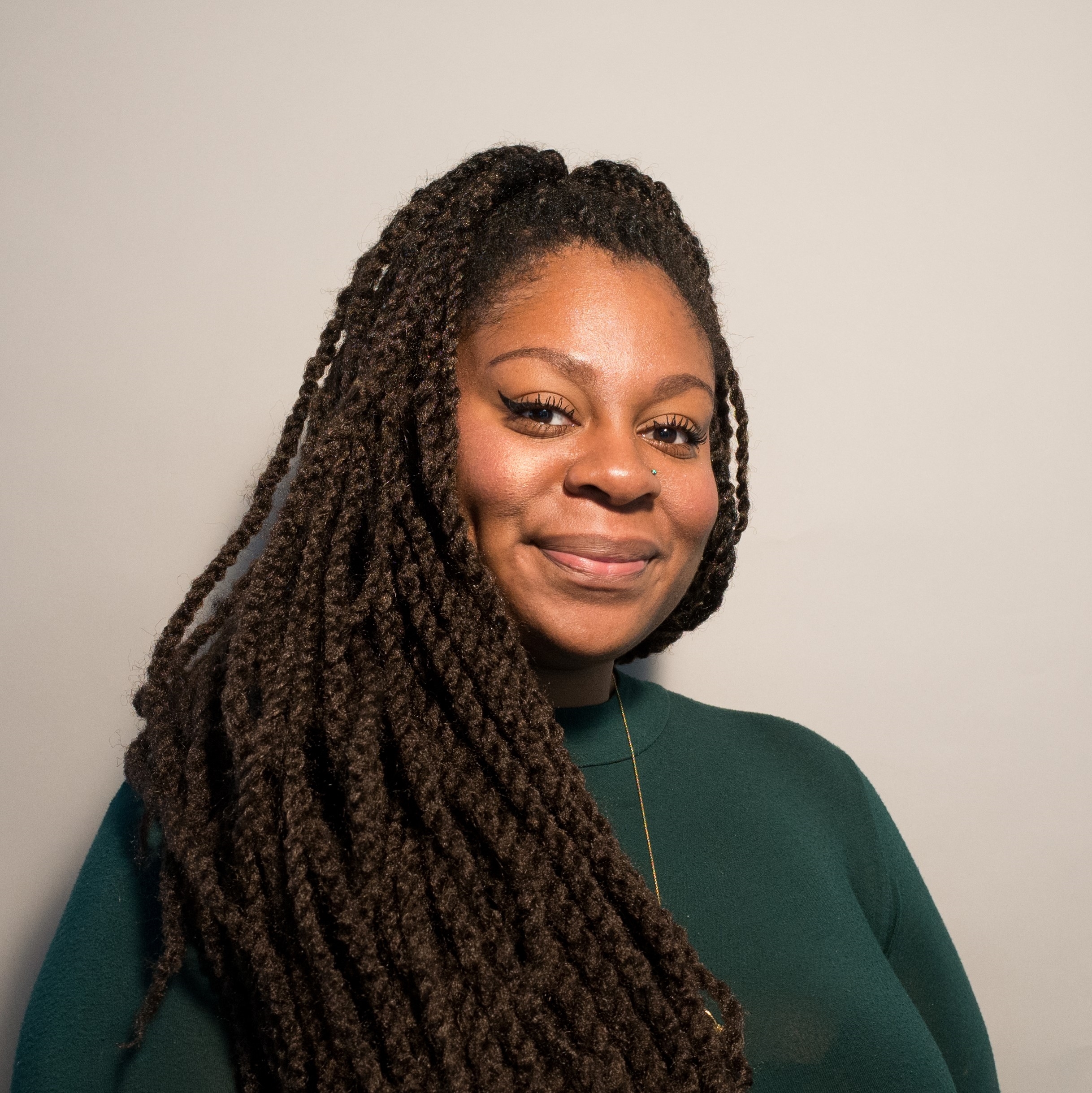On the 26th of February everyone was shocked that the Academy had bestowed the Best Actor Oscar to Casey Affleck instead of Denzel Washington, who not only is a better actor, but also a more suitable recipient for such an important honor in this period of political and social unrest (read: Casey Affleck and sexual assault). But Washington, the director and lead actor in Fences, didn’t lose in vain, as Viola Davis was nominated Best Supporting Actress for the same movie — why she wasn’t nominated for Best Actress alongside below-mediocre Emma Stone is one for Miss Marple — and rightfully took the award home.
Fences wasn’t just part of the high- earning, major studio-produced Oscar collection, it was far more. Based on a play by August Wilson from 1983, both are set in the 1950s and explore civil rights issues, marital difficulties, mental disability, beating and conforming to African- American stereotypes and poverty. It might sound like another Selma, 12 Years a Slave or The Color Purple, which are all fantastic films (and books) that have set loose a particular theme and voice that has evolved beautifully in cinematographic history, but Fences is different.
The rawness of Fences creates a zone where you forget it’s a blockbuster, a trait seldom found in Oscar worthy movies or movies earning large revenues, where the expectation is no longer hearing about the African- American experience but about being entertained. Fences gives us that, it gives us drama without being melodramatic, it gives us pain without being nonchalantly violent, it gives us joy without being cheesy or victorious, and it gives us realism without making you pity-cry. Viola Davis is to thank for that, she perfectly depicts every single difficulty with the stamina of a woman who’s really been through it, and with the exhaustion of one, too.
The movie mimics theatrical qualities: the cast is very small (six adults and a little girl) and the setting is predominantly in the backyard where Troy (Washington) is building a white picket fence with his son Corey (Jovan Adepo) in a black-neighborhood in Pittsburg, Pennsylvania. Furthermore, the film is entirely built on dialogues and monologues, even when Troy impregnates a certain Alberta, we never see her and she never speaks. Nothing particularly happens in the film, yet everything does and change, rendering it a perfect rendition of the theatrical performance. We only discover important events as the dialogues and monologues move on, such as Troy’s 15-year incarceration and his brother Gabriel’s (Mykelti Williamson) accident that left him severely disabled.
The character of Troy’s wife Rose (Davis) brings all the excellent qualities of this intense film into one neat streamline. Particularly because Troy is such an impossible, frustrating and often times loathsome character, many could easily call Rose weak for putting up with him for twenty- years, for taking care of a baby that isn’t hers, for continuing to love and respect him when all he did was mistreat her. But Rose is in fact the strongest character, she is able when Troy clearly isn’t; she is the mother, father and uncle of the household and always has the last say. Troy is terrorized of Rose, not enough to stay faithful, as that would have emasculated him, but enough to stay put. She proves that what may seem like an ordinary, stereotyped house- wife, is the strongest and most powerful entity in the room.
A film to watch at the cinema, probably the best in this year’s Oscar batch. If not for Viola Davis, for the cutest (pseudo) comic relief portrayed by the little girl played by Saniyya Sidney.




